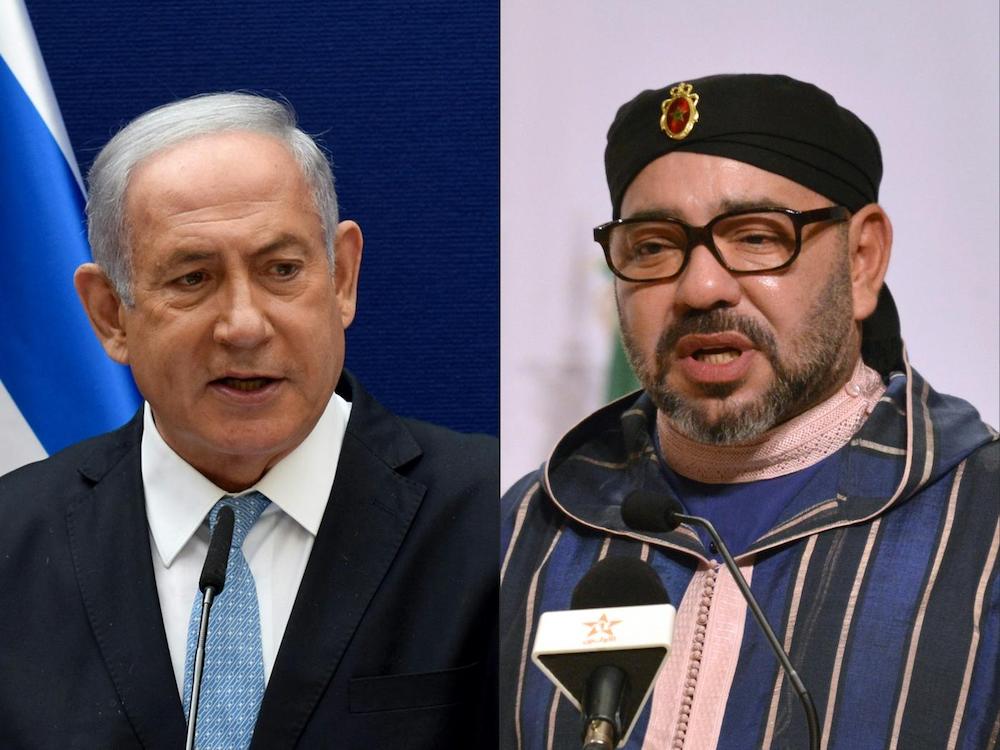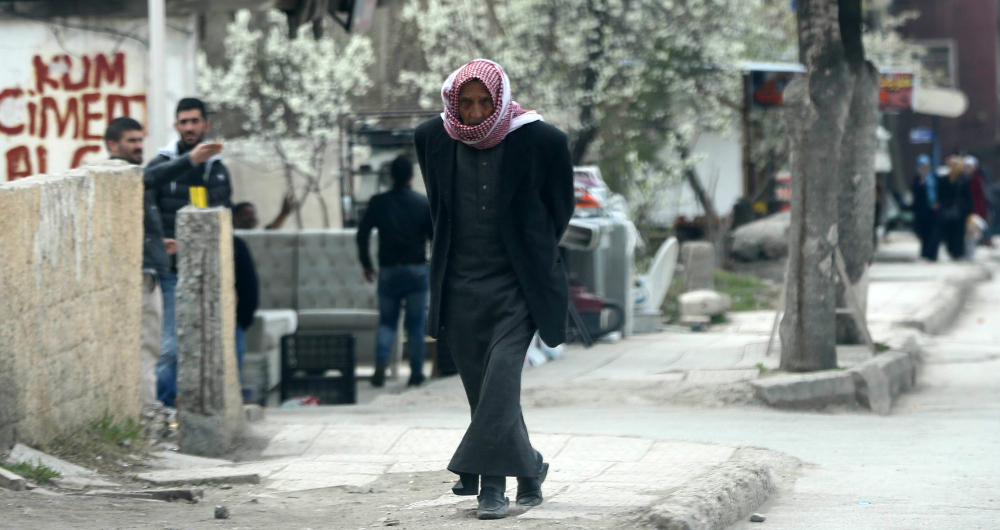ANAKARA: A new poll showed a hostile picture among Turks to the integration of Syrian refugee population in the country.
The survey, entitled “Dimensions of Polarization in Turkey 2020,” was conducted by Istanbul Bilgi University in cooperation with German Marshall Fund of the United States through face-to-face interviews across 29 cities with a representative sample of 4,000 people from Turkey’s adult population.
It found that 86 percent of respondents want the 4 million Syrian refugees living in Turkey to go back home, a question that has become a common denominator across almost all political parties.
More than 3.6 million refugees fled to Turkey following the civil war in Syria in 2011, but the Syrian community in Turkey has been the target of several violent attacks and murders over recent years.
Turks consider the presence of Syrian refuges as a burden on their livelihood and as a source of unfair competition in the labor market with unregistered Syrians, informal businesses and thousands of Syrian-led companies launched each year arousing great concern.
Kenneth Roth, executive director of Human Rights Watch, said that Turkey welcomed millions of Syrian refugees who were fleeing the civil war, but the current statistics showed social acceptance of refugee population was falling.
“It is a sign of a lack of Turkish leadership — of the false demonization of refugees as scapegoats for Turkey’s economic and other problems — that so many people in Turkey have now turned on the refugees, even though the deadly threats to them remain the same in Syria,” he told Arab News.
Deniz Senol Sert, a migration expert from Ozyegin University in Istanbul, agrees.
“During the local elections of March 2019, Turkish government used the refugee issue as a bargaining chip both domestically and at the international front. It sent the message to its own voters and to the EU that it can open the gates for letting all these refugees flood into European countries,” she said.
The Turkish authorities therefore keep signaling to Turkish society that the flow of Syrian refugees is in their control, while they are also sending a warning to the EU, which is reluctant to offer visa-free access to Europe to Turkish citizens.
In the meantime, Sert added, the government legitimized its controversial cross-border military operations into Syria with a so-called safe zone project to settle all refugees living in Turkey.
“Syrian refugees in Turkey are well aware that they are not welcomed by the host community. They even face serious obstacles when they try to open new business in Turkey although it is a kind of integration tool for this community. Neither the government nor the opposition parties can produce a pro-integration discourse to change these worrying statistics in a positive direction,” she said.
Last year, Turkish government approved the deportation of 1,000 Syrians in a week from Istanbul to Syria’s Idlib province, sparking debate about the timing of the move.
Sert said that the projects that involve Syrians are mostly conducted with a top-down approach, although in the European countries the municipalities assume this responsibility because they know the real problems and expectations on the ground.
“There are ideological and structural deficiencies that push people to consolidate their anti-refugee stance, and this trend feeds into frequent racist attacks on Syrians in Turkey,” she said.
In October, a Syrian refugee named Muhammed Dip Hurih was killed in a dispute with his Turkish neighbors over parking in the southeastern province of Gaziantep, while in the same month a 14-year-old Syrian child was stabbed to death in central Anatolia.
On Thursday, the European Commission has extended two humanitarian flagship programs in Turkey until early 2022 to provide basic needs to more than 1.8 million refugees and assist more than 700,000 children to continue their education.
But the EU programs are not seen as enough to boost integration by the society at large, with Turkish government accusing Brussels of falling short on its commitments of financial support.
Similarly, Syrians Barometer, a survey released last year under the coordination of Murat Erdogan, a professor at the Turkish-German University in Istanbul, showed that Turkish society considers the issue of Syrians as one of its top 3 problems.
“The Syrian refugees have turned into a politicized topic that reflects the already established political divisions within the society. The voters of the ruling Justice and Development Party (AKP) follow their party’s political line, while the opposition designs its emotional stance according to their political disapprovals,” Prof. Erdogan said.
“Even in places such as southeastern Sanliurfa province, known for its multicultural characteristics, 70 percent of residents are against street signs in Arabic. The first flow of Syrian refugees has been perceived as a project of the ruling government to change local demographics. Granting citizenships to the Syrian refugees were also perceived negatively by different segments of the society,” he added.
However, Prof. Erdogan also underlines that his survey showed that 85 percent of Turkish citizens prefer isolating Syrian refugees in camps or in safe zones rather than having them integrated into the society.




